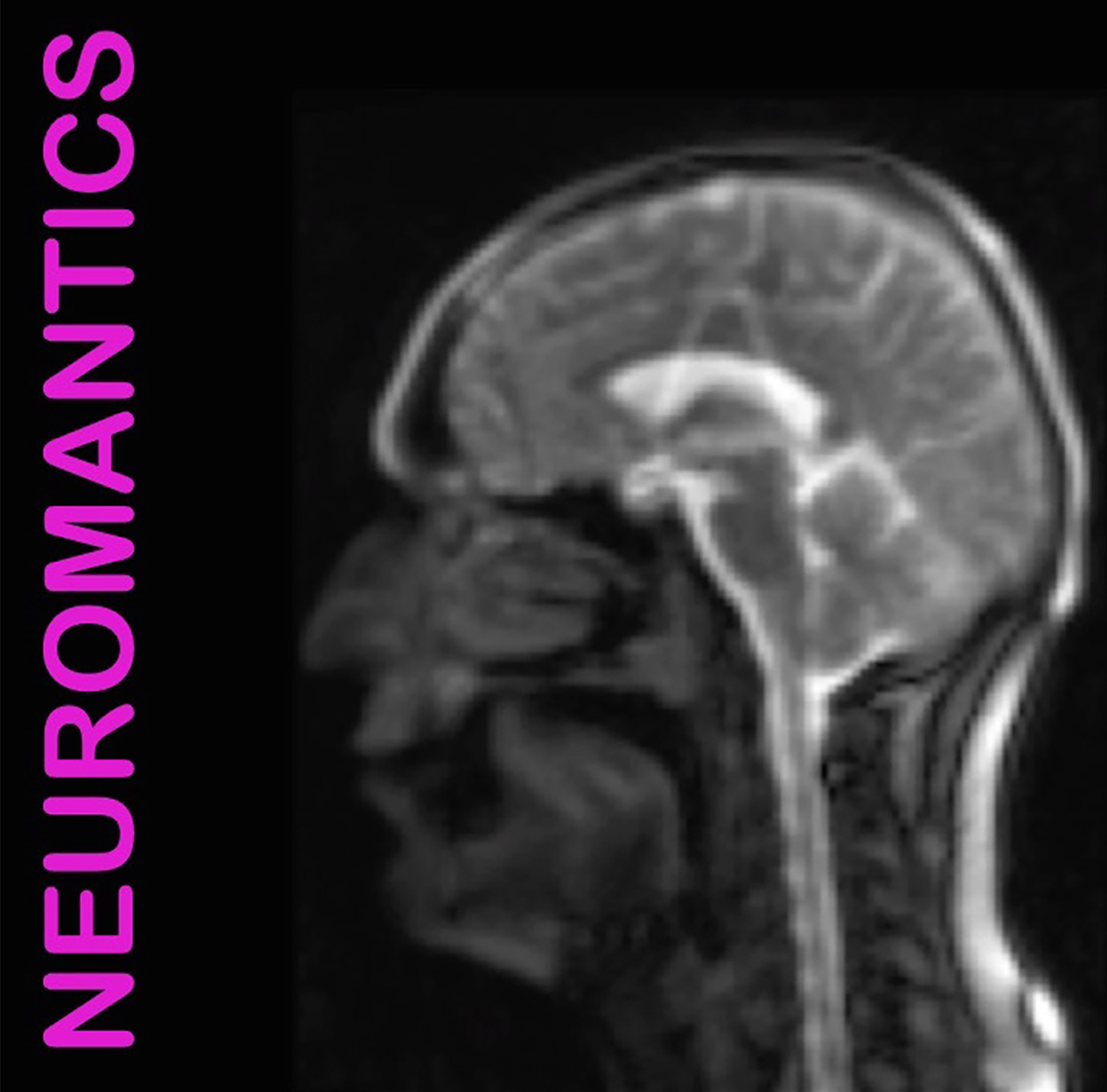Welcome to The Neuromantics, a monthly look-twice-both-ways at the crossroads of neuroscience and literature. In this fourth episode, Will Eaves and Professor Sophie Scott consider death and the different ways in which humans and primates respond to a loss of agency.
Topics whispered and bewailed include ghostly voices in English poetry, the uses of the corpse in primate groupings, smell and decay, the relationship between high sociability and infanticide, Penelope Fitzgerald’s “hieroglyphic” view of human relations, and the ritual divestment of body and life in Mesopotamian epic. All in less than the time it takes to boil ten eggs (one after the other).
The three publications under discussion are: “Remember” (1849, published 1862) by Christina Rossetti (https://www.poetryfoundation.org/poems/45000/remember-56d224509b7ae), “Death Among Primates: A critical review of non-human primate interactions towards their dead and dying”, 2019, by André Gonçalves and Susana Carvalho (https://onlinelibrary.wiley.com/doi/abs/10.1111/brv.12512), and the first chapter of The Bookshop (1978) by Penelope Fitzgerald (https://www.amazon.co.uk/Bookshop-Penelope-Fitzgerald/dp/0006543545).

![RSL Literature_Matters_Logo_RSL_Full_Logo_Lockup_Black[834].png](https://images.squarespace-cdn.com/content/v1/5bebff0089c1729cf0143586/1562669507039-G7KQSG7FPQ1F0PT87V49/RSL+Literature_Matters_Logo_RSL_Full_Logo_Lockup_Black%5B834%5D.png)

![RSL Literature_Matters_Logo_RSL_Full_Logo_Lockup_Black[834].png](https://images.squarespace-cdn.com/content/v1/5bebff0089c1729cf0143586/1558342834384-249PBIGUCYC74XCA9AZM/RSL+Literature_Matters_Logo_RSL_Full_Logo_Lockup_Black%5B834%5D.png)

![RSL Literature_Matters_Logo_RSL_Full_Logo_Lockup_Black[834].png](https://images.squarespace-cdn.com/content/v1/5bebff0089c1729cf0143586/1558342902411-ZJQ4WDUA7JKVTS0X21HI/RSL+Literature_Matters_Logo_RSL_Full_Logo_Lockup_Black%5B834%5D.png)

![RSL Literature_Matters_Logo_RSL_Full_Logo_Lockup_Black[834].png](https://images.squarespace-cdn.com/content/v1/5bebff0089c1729cf0143586/1558342930551-P5SUSVC74NDU3CR138N1/RSL+Literature_Matters_Logo_RSL_Full_Logo_Lockup_Black%5B834%5D.png)